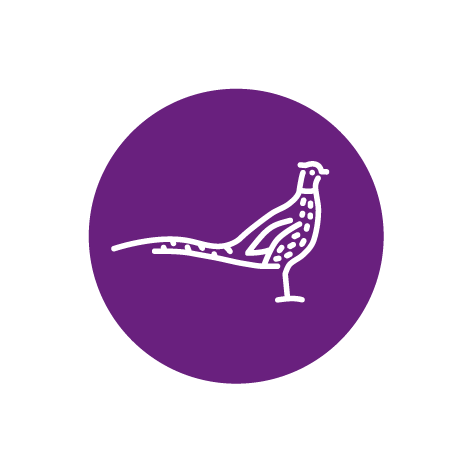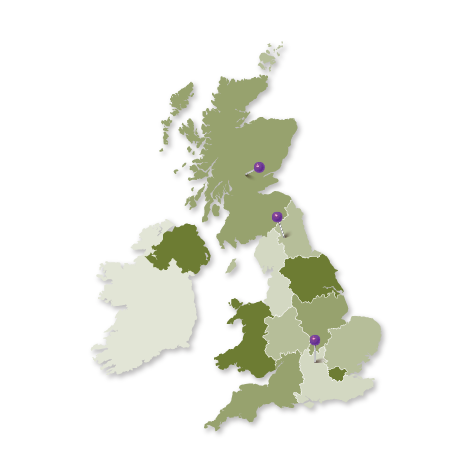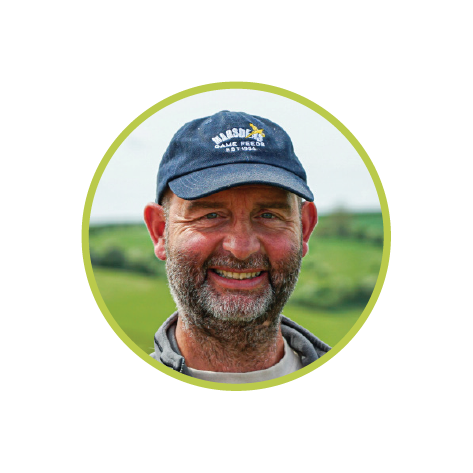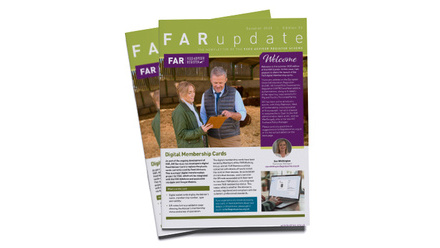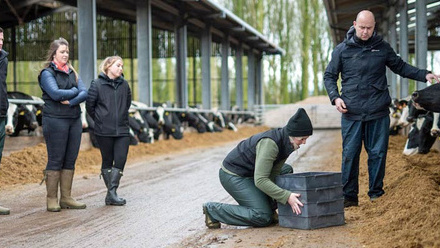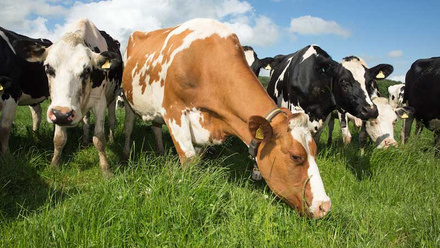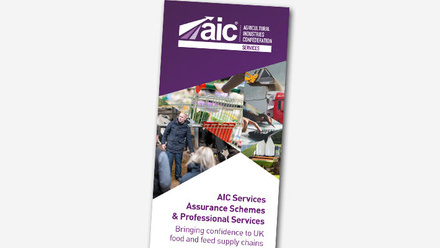FAR Case Study Gamebirds: Jamie Horner, ForFarmers
David Moss
Key outcomes of feed advice
-
Lower carbon footprint
-
Increased efficiency and sustainability
-
Increased biodiversity
Background and area of expertise
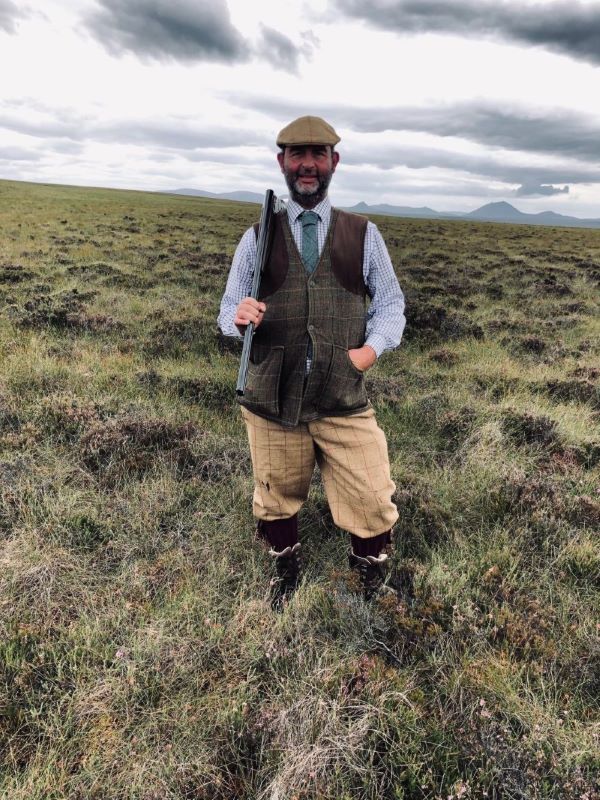
Jamie has been in the forestry and game keeping industry for more than 30 years and has worked for Marsdens Game Feeds for the last 15 years. His current role as Business Development Manager sees him covering Northern England, Scotland & the South East corner of England.
As part of his role, Jamie manages the Iford Downs game shoot overseeing all aspect of husbandry associated with a large-scale partridge shoot driving improvements in animal welfare, conservation and sustainable practices.
The Iford Downs Shoot site sits just north of Brighton in East Sussex in 2000 acres of landscape ideal for rearing and shooting partridge.
In his spare time Jamie enjoys shooting, dog walking, squash and bird watching.
Give an example of how your feed advice has made a measurable difference
When Jamie took over in 2016, he wanted to increase the nutritional content of the overall feed diet and reduce bought-in feed and to achieve this he removed maize as a cover crop and introduced red millet, white millet, triticale, quinoa, buckwheat, fodder radish, kale, spring barley and mustard.
This change in cover crops has resulted in a considerable saving on his bought-in release stage pellet feed down from 60 tonnes a year to 31 tonnes subsequently lowering the contribution of feed carbon footprint of the shoot by 48% over a 6 year period. Additionally, the reduction in bought in release pellet feed has improved the shoot's bottom line.
One of the benefits of changing the cover crops is that Jamie no longer needs to spray them. This has led to a substantial saving and means that the whole site is now being managed in keeping with organic principles.
Jamie has worked hard to make sure the entire operation at Iford Downs is sustainable. Instead of using the traditional LPG gas to heat rearing sheds Jamie uses biomass and solar power instead. In addition, he only uses feeds that contain sustainably sourced soya and fishmeal.
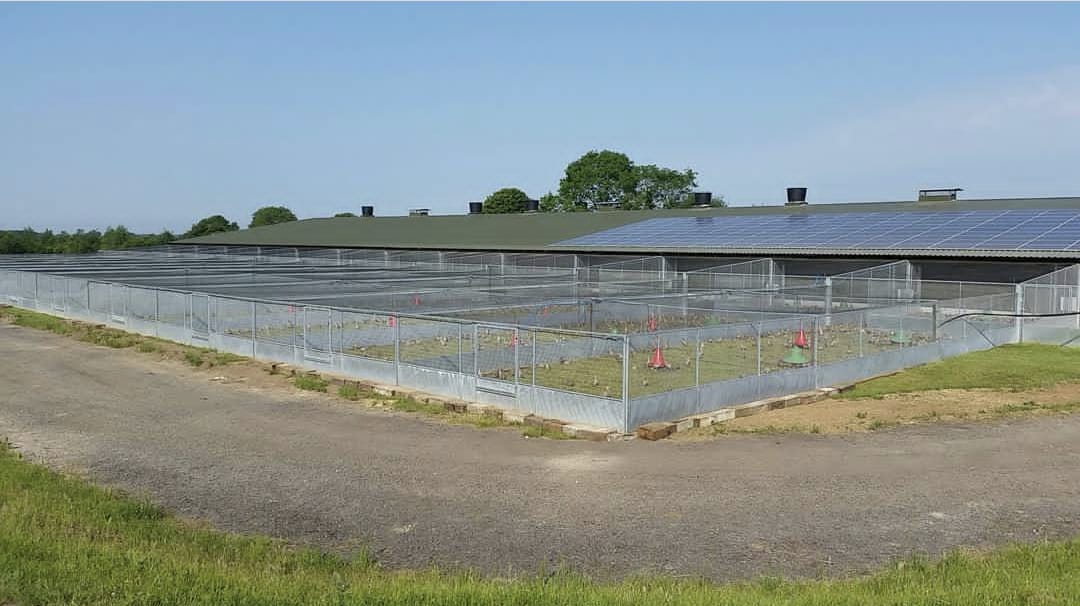
Jamie has reduced mowing frequency to a minimum allowing wild plants to grow in between cuts to encourages birds to nest. He has minimised soil drilling in order to improve the soil quality which, together with the new range of cover crops, has resulted in the return of rare birds to the site including the Stone Curlew, Marsh Harrier, Montagu's Harrier, Corn Bunting and Wryneck.
Since taking over the shoot in 2016 Jamie has worked passionately to create a habitat and environment that has recorded supporting a staggering 82 different species of birds.
Awarded a Special Commendation at the 2019 Purdey awards the commendation recognised Jamie not just for the remarkable work and success of his Iford Downs initiative but equally for his work with the RSPB and in the community as a whole.
What difference does FAR make to you and your customers?
The game industry is evolving quickly with more game meat going on to retailer shelves than ever before requiring higher standards at every stage in the game rearing cycle. FAR is driving innovation and improvement by providing high level training on nutrition, health and sustainability to game feed advisers.


